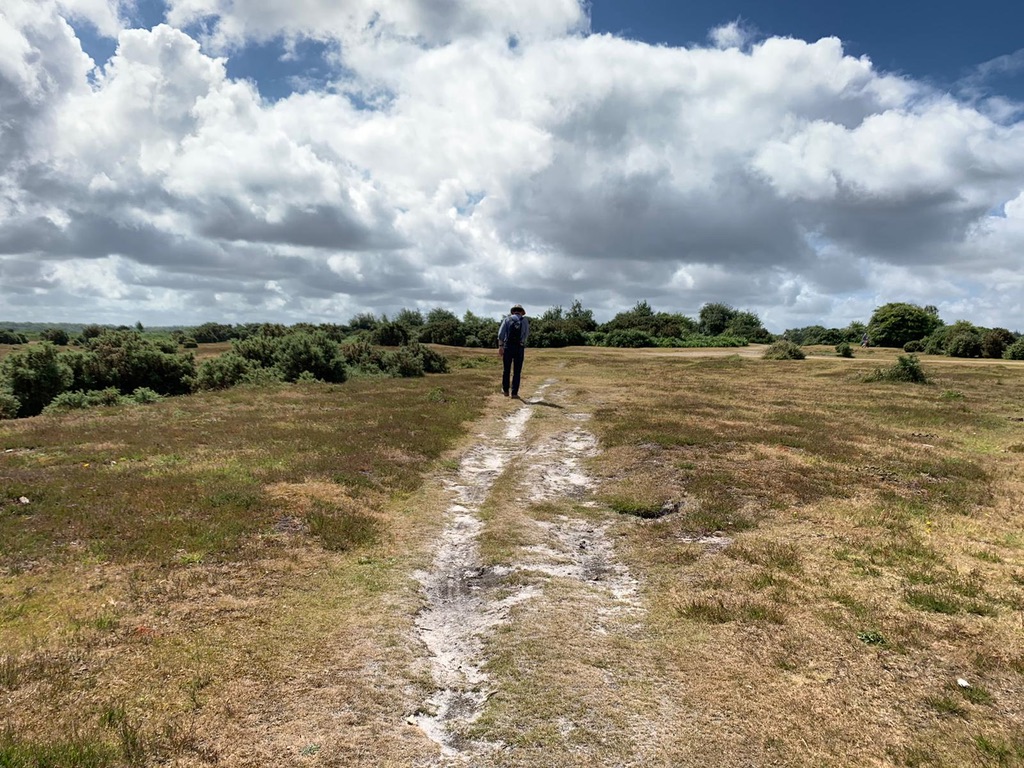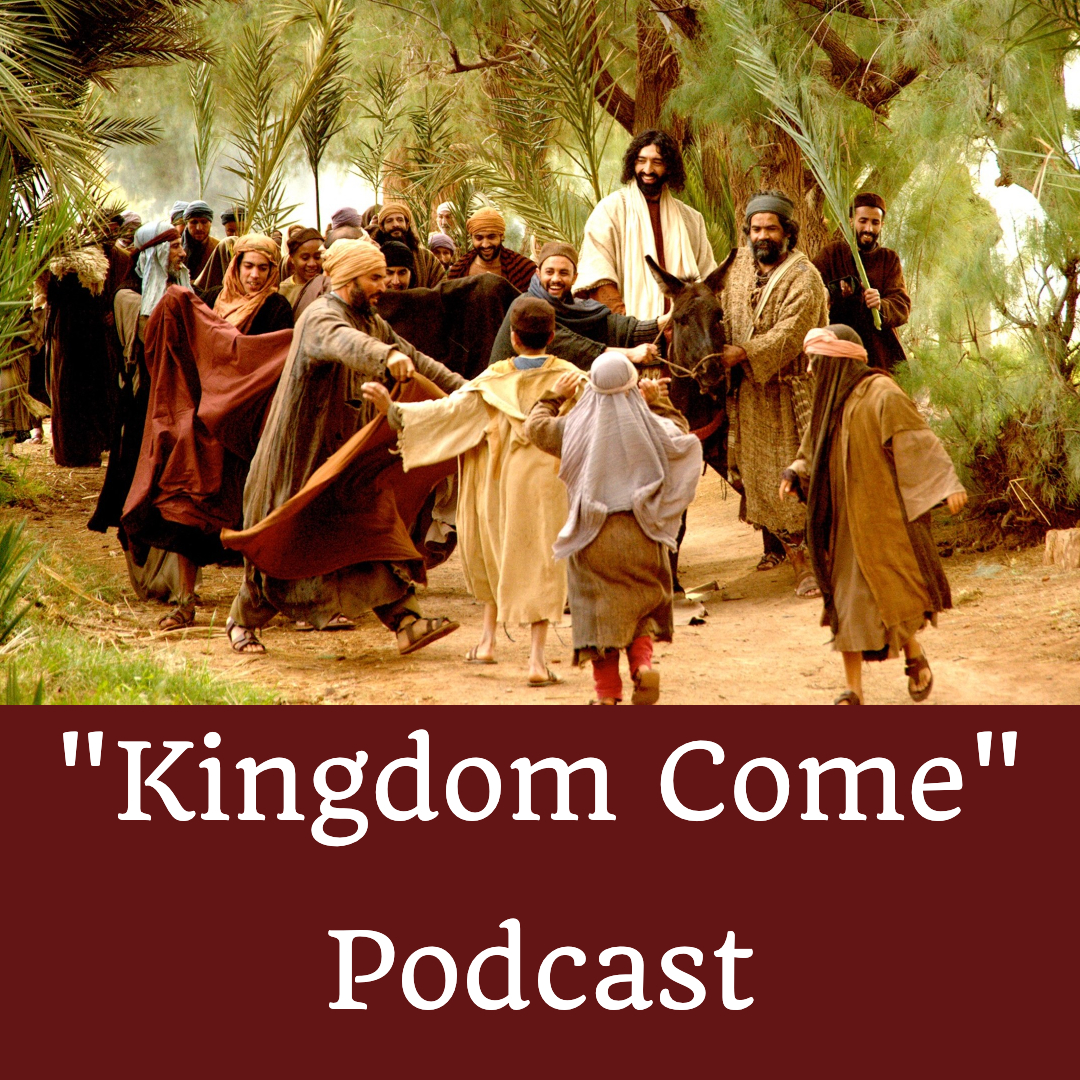
Reflect, Renew, and Rejoice: A Spiritual Review of the Last 12 Months for Christians and Christian Groups
Introduction
“Search me, O God, and know my heart; test me and know my thoughts. See if there is any wicked way in me, and lead me in the way everlasting.” (Psalm 139:23-24 NRSV)
As the year draws to a close, it’s the perfect time for us to conduct a spiritual review of the past 12 months. Reflecting on our personal and congregational spiritual journey can deepen our relationship with God, provide valuable insights, and help us discern to will of the Spirit for the future. In this class, we’ll explore two ideas for conducting a spiritual review that will help you and your local group to grow in Christ.
Before we dig in to those three areas, we might take a moment to consider if this kind of reflection has Scriptural warrant. I believe it does. For example, Paul’s letters are tools of the Spirit to help the congregations he writes to reflect on their spirituality, what God has been teaching them, and their direction for the future. We see the same in the sermons to the churches in Revelation chapters 2 and 3.
As an example, take this passage in 1 Thessalonians chapter 5
“But we appeal to you, brothers and sisters, to respect those who labour among you, and have charge of you in the Lord and admonish you; esteem them very highly in love because of their work. Be at peace among yourselves. And we urge you, beloved, to admonish the idlers, encourage the faint hearted, help the weak, be patient with all of them. See that none of you repays evil for evil, but always seek to do good to one another and to all. Rejoice always, pray without ceasing, give thanks in all circumstances; for this is the will of God in Christ Jesus for you. Do not quench the Spirit. Do not despise the words of prophets, but test everything; hold fast to what is good; abstain from every form of evil.” (1 Thessalonians 5:12-22 NRSV)
We will not go into all the issues here, but we can see Paul asking the Thessalonians to reflect on their attitude to leaders and the weak, on their response when people harm them and their gratitude to God. It is with this perspective in mind that we will go on to examine two specific areas for review.
- Embrace Gratitude: Counting Blessings and Lessons
Gratitude is a powerful spiritual practice that can transform our outlook on life. In 1 Thessalonians 5:18, we are reminded to give thanks in all circumstances, for this is God’s will for us in Christ Jesus — “give thanks in all circumstances; for this is the will of God in Christ Jesus for you.”
(1 Thessalonians 5:18 NRSV)
Consider David in the Psalms, where he expressed his gratitude for God’s blessings even in the midst of challenges — “Bless the LORD, O my soul, and do not forget all his benefits—who forgives all your iniquity, who heals all your diseases, who redeems your life from the Pit, who crowns you with steadfast love and mercy, who satisfies you with good as long as you live so that your youth is renewed like the eagle’s.” (Psalm 103:2-5 NRSV)
Take time to discuss and write down all the ways you have seen God’s hand at work over the last 12 months. Do this for your personal life and for your group. Spend some time in prayer thanking God for all he has done, his support, and his loving presence through all the ups and downs.
Some examples relevant to me include the gift of a granddaughter, the arrival of TJ and Sonia Masilamani in Thames Valley and a young man called Nana getting baptised into Christ in the Watford church.
- Honest Self-Reflection: Acknowledge Failures and Seek Forgiveness
Honest self-reflection is a crucial aspect of any spiritual review. In Psalm 139:23-24, David prays, “Search me, O God, and know my heart! Try me and know my thoughts! And see if there be any grievous way in me, and lead me in the way everlasting.”
One way to conduct an evaluation for yourself and your group is to discuss three crucial areas of the Christian life: Faith, hope and love. These key qualities are mentioned many times in the New Testament, and all three show up together in the passages below:
“And now faith, hope, and love abide, these three; and the greatest of these is love.”
“…remembering before our God and Father your work of faith and labour of love and steadfastness of hope in our Lord Jesus Christ.”
“But since we belong to the day, let us be sober, and put on the breastplate of faith and love, and for a helmet the hope of salvation.”
(1 Corinthians 13:13; 1 Thessalonians 1:3; 5:8 NRSV)
You could discuss the following questions:
- How is my/our faith (loyalty-trust in God)
- How is my/our hope (in Christ)
- How is my/our love (for God, one-another, the vulnerable and the lost)
Conclusion
We will talk about the future more next time, but after embracing gratitude and some honest self-reflection, we will be in a good place to set some spiritual areas of focus. Consider Paul’s heart. He had a consistent spiritual-growth-spirit. In Philippians 3:13-14, he writes, “Beloved, I do not consider that I have made it my own; but this one thing I do: forgetting what lies behind and straining forward to what lies ahead, I press on toward the goal for the prize of the heavenly call of God in Christ Jesus.”
His desire was greater and greater Christlikeness as the years went by. Again, we will explore this further in the following class, but for now, why not pray about what God is revealing for you and your local group?
Please add your comments on this week’s topic. We learn best when we learn in community.
Do you have a question about teaching the Bible? Is it theological, technical, practical? Send me your questions or suggestions. Here’s the email: malcolm@malcolmcox.org.
If you’d like a copy of my free eBook on spiritual disciplines, “How God grows His people”, sign up at my website: http://www.malcolmcox.org.
Please pass the link on, subscribe, leave a review.
“Worship the LORD with gladness; come before him with joyful songs.” (Psalms 100:2 NIV11)
God bless, Malcolm



